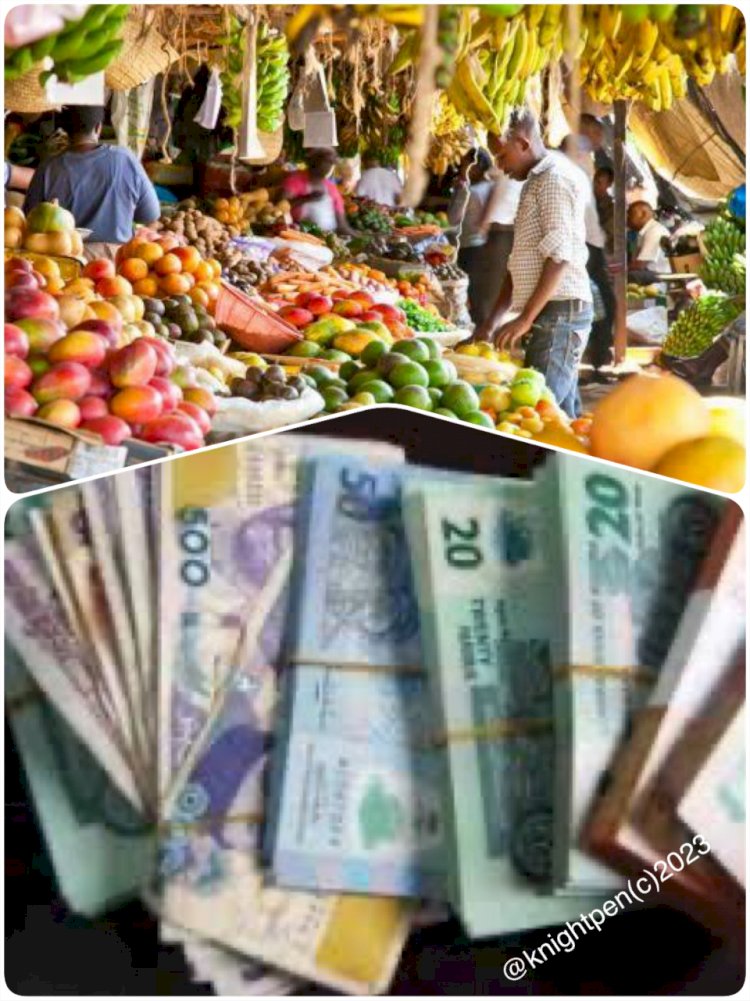WHAT IS THE COMMODIFICATION OF THE NAIRA
The commodification of the naira refers to treating Nigeria's currency as a tradable commodity in financial markets, where its value is determined by supply and demand. This contrasts with fixed exchange rates. While it offers flexibility, it can lead to currency fluctuations, requiring central bank intervention for stability.

The commodification of the naira refers to the process of treating the Nigerian currency, the naira (NGN), as a commodity that can be bought and sold in financial markets. This typically involves allowing the exchange rate of the naira to be determined by supply and demand forces in foreign exchange markets, rather than having a fixed or controlled exchange rate set by the government or central bank.
Commodification often occurs when a country adopts a more flexible or market-driven exchange rate system, such as a floating exchange rate. In such a system, the value of the currency can fluctuate based on factors like economic conditions, trade balances, and investor sentiment. This approach contrasts with a fixed or pegged exchange rate, where the government or central bank sets a specific rate and intervenes to maintain it.
The commodification of the naira can have both advantages and disadvantages. It can provide greater flexibility and potentially lead to a more efficient allocation of resources in the economy. However, it can also make the currency more vulnerable to external factors and market speculation, which may result in exchange rate volatility. Central banks often use various monetary policy tools to manage and stabilize their currency's value when it is commodified.
You Can Also Read














